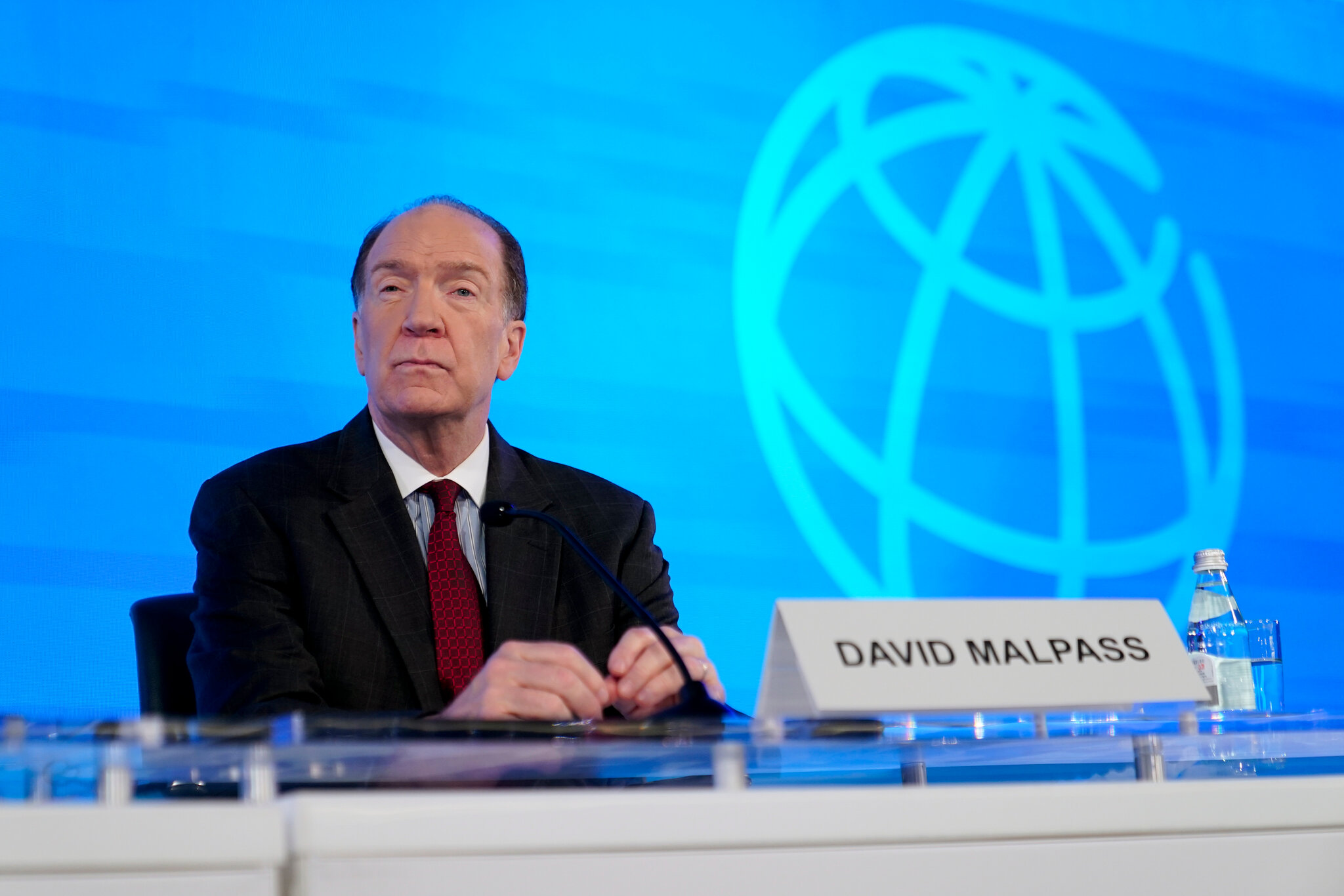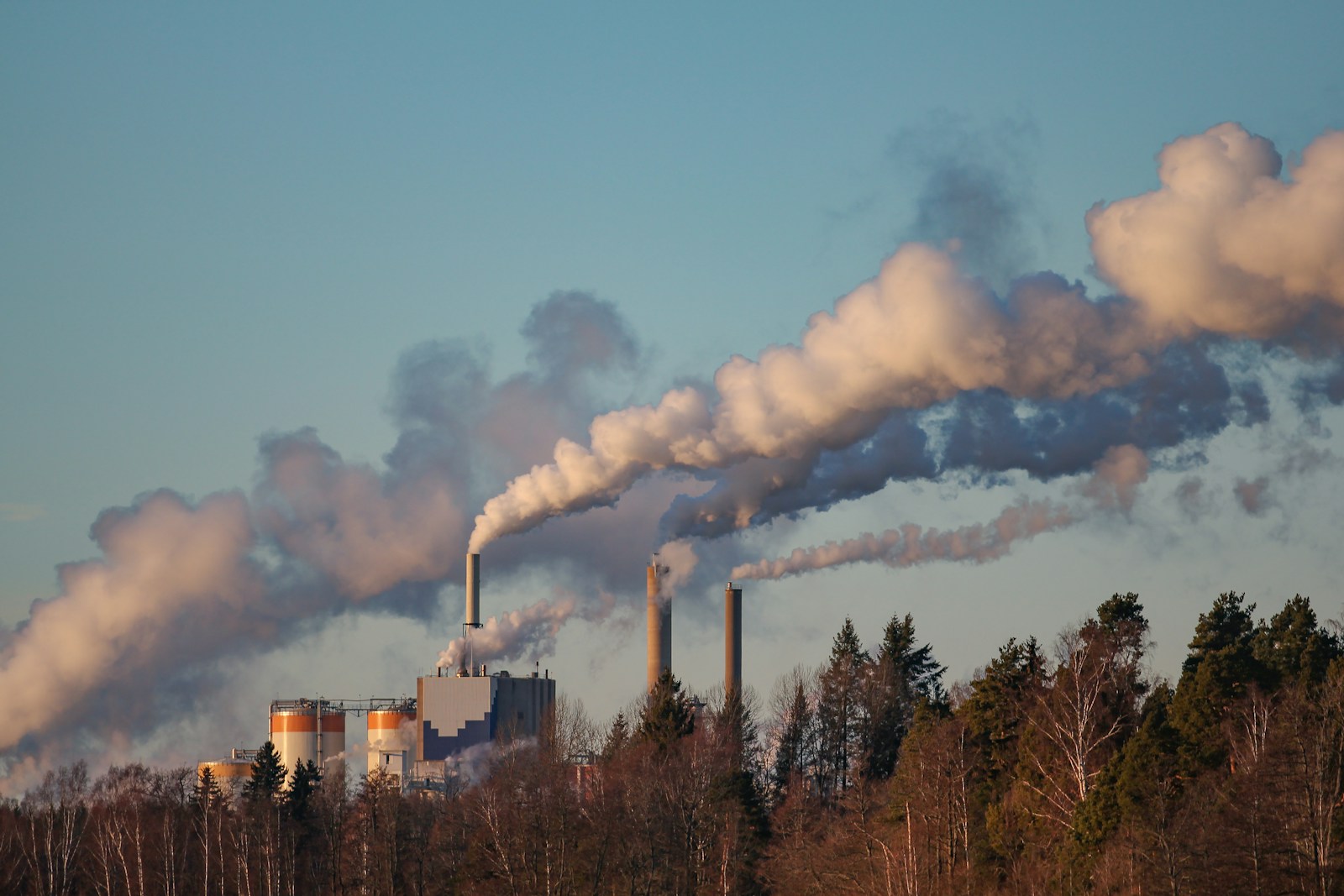David Malpass is an American economist who has served as the President of the World Bank Group since April 2019. With a wealth of experience in international finance and economic policy, Malpass is a leading voice on the issue of climate change and its impact on the global economy.
In this article, we will delve into David Malpass’ views on climate change and explore his thoughts on how the world can address this pressing issue.
Table of Contents
ToggleWho is David Malpass?
David Malpass was born in 1956 in Colorado, USA. He has a Bachelor’s degree in physics from Colorado College and a Master’s degree in economics from the University of Denver. After graduating, Malpass worked as a research analyst for the US Congress and then as a senior economist at the US Treasury Department. In the 1980s and 1990s, he worked for investment banks, including Bear Stearns, where he was the chief economist. He then served in the US State Department as the Deputy Assistant Secretary of State for Economic Policy and as the Deputy Assistant Secretary of the Treasury for Developing Nations. In 2017, he was nominated by President Donald Trump to become the Under Secretary of the Treasury for International Affairs, a position he held until he was appointed President of the World Bank Group in 2019.
David Malpass’ views on climate change
David Malpass has been vocal about the need to address climate change and has spoken out about the economic impact of not doing so. He has emphasized that the issue of climate change is not just an environmental concern but also a significant economic challenge that requires urgent attention.
In a speech at the London School of Economics in 2019, Malpass noted that climate change could have a significant impact on global economic growth, particularly in low-income countries. He highlighted that rising sea levels, more frequent and intense natural disasters, and other climate-related shocks could significantly affect agricultural productivity, water availability, and infrastructure development.
Malpass has also emphasized the importance of transitioning to low-carbon energy sources and investing in renewable energy technologies. He has acknowledged that the transition to clean energy will require significant investment and innovation, but has argued that this will also create opportunities for economic growth and job creation.
The Economic Impact of Climate Change
David Malpass has been clear that climate change poses a significant threat to global economic growth. In a speech at the Peterson Institute for International Economics in 2019, he noted that the impact of climate change on agriculture, infrastructure, and water resources could lead to lower economic growth, higher poverty rates, and increased inequality.
Malpass has also highlighted the potential for climate-related shocks, such as floods and droughts, to cause significant economic damage, particularly in low-income countries. He has noted that these countries are often the most vulnerable to the effects of climate change, given their dependence on agriculture and their limited infrastructure.
The Need for Urgent Action
Malpass has emphasized that the issue of climate change requires urgent action, given its potential economic impact. In a speech at the Brookings Institution in 2019, he noted that the world needed to act quickly to reduce greenhouse gas emissions and transition to a low-carbon economy.
He has also highlighted the importance of international cooperation in addressing the issue of climate change. Malpass has called for a coordinated effort among governments, international organizations, and the private sector to invest in clean energy technologies and reduce greenhouse gas emissions.
Transitioning to Low-Carbon Energy Sources
David Malpass has emphasized the importance of transitioning to low-carbon energy sources, such as wind and solar power, in order to address the issue of climate change. He has noted that this transition will require significant investment and innovation, but has argued that it will also create opportunities for economic growth and job creation.
Malpass has also highlighted the need to phase out the use of coal, which is a major source of greenhouse gas emissions. He has noted that countries will need to work together to reduce their reliance on coal and transition to cleaner forms of energy.
Investing in Renewable Energy Technologies
Malpass has called for increased investment in renewable energy technologies, such as solar and wind power. He has noted that investing in clean energy will not only help address the issue of climate change but will also create opportunities for economic growth and job creation.
In a speech at the World Bank Group’s Annual Meetings in 2019, Malpass noted that the World Bank was committed to investing in renewable energy technologies, particularly in low-income countries. He also highlighted the importance of innovation in developing new clean energy technologies that can be deployed at scale.
Creating Opportunities for Economic Growth and Job Creation
David Malpass has emphasized that the transition to a low-carbon economy will create opportunities for economic growth and job creation. In a speech at the Peterson Institute for International Economics in 2019, he noted that investing in clean energy technologies could create millions of new jobs around the world.
Malpass has also highlighted the potential for renewable energy to be a driver of economic growth in low-income countries. He has noted that renewable energy can provide access to energy for people who currently lack it, which can help drive economic development.
Conclusion
David Malpass is a leading voice on the issue of climate change and its impact on the global economy. He has emphasized the need for urgent action to address this pressing issue, and has called for increased investment in clean energy technologies.
Malpass has highlighted the economic impact of climate change and the potential for climate-related shocks to cause significant damage, particularly in low-income countries. He has also emphasized the importance of international cooperation in addressing the issue of climate change, and the potential for renewable energy to be a driver of economic growth and job creation.
By taking action to address climate change, we can help ensure a sustainable and prosperous future for all.







